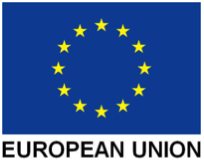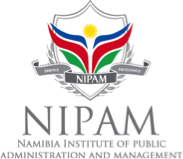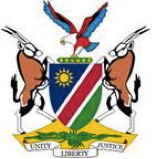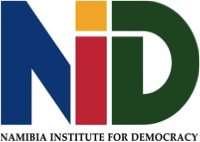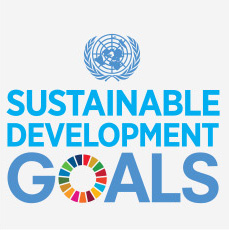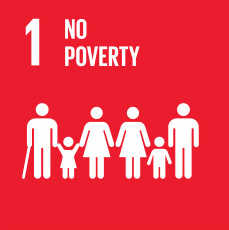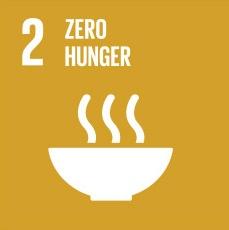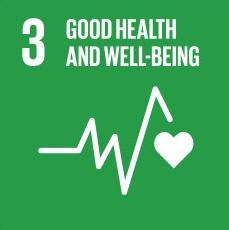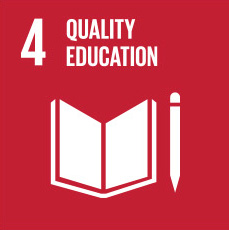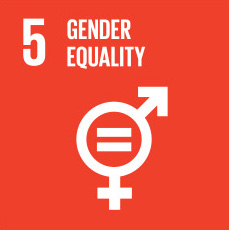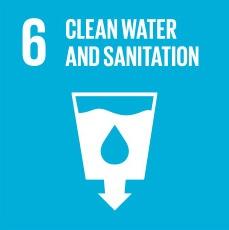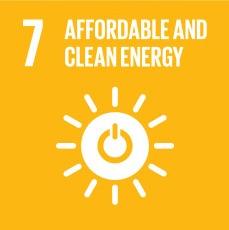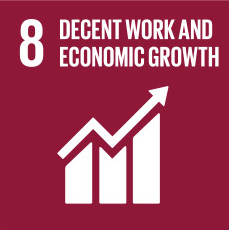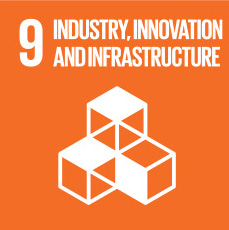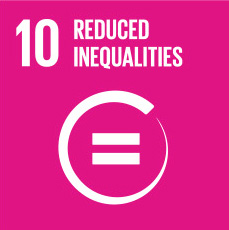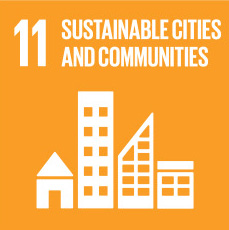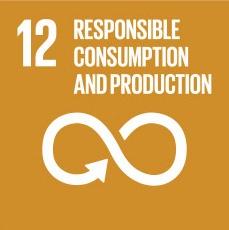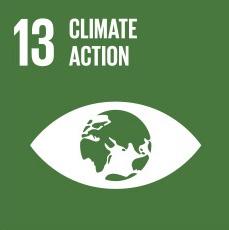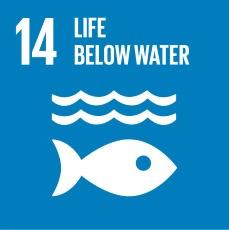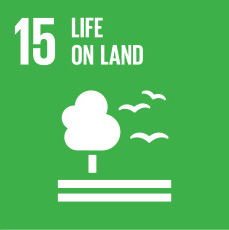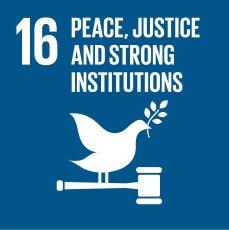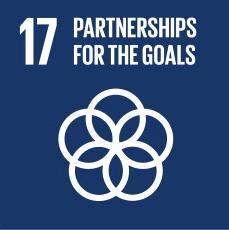Food for thought - Strengthening democracy at sub-national levels
Many Namibians are aware of the importance of local and regional levels of governmance. Local Authorities and Regional Councils represent community needs and play an important role in improving the lives of citizens at individual, family and community levels. Therefore, it is crucial to consistently engage your Development Committees and your Local & Regional Authorities.
Why are Regional Councils and Local Authorities important for you?
Regional Councils and Local Authorities are vital bodies of the Namibian Political System. They act as a bridge and bring the government closer to the people. Regional and Local Authorities are Settlement-, Town-, Village-, Municipalities or Regional Councils. Together they deliver services and development at grass root level. These authorities deal with the daily ‘bread and butter’ issues that affect our lives.
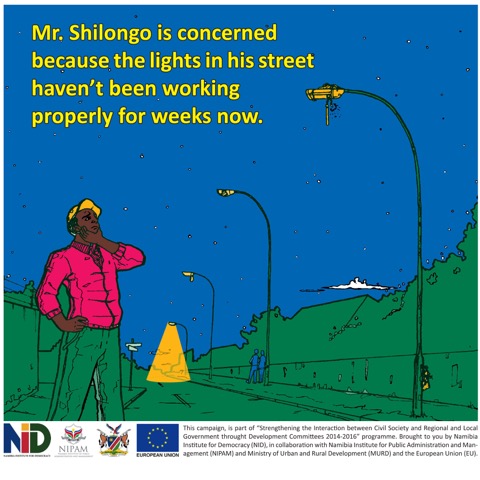
Story:
Mr. Shilongo is concerned because the lights in his street haven’t been working properly for weeks now. The lack of light makes him feel unsafe especially in the evenings. But he doesn’t know who to approach about this problem. He discusses the situation with his wife. She heard that the local authorities are responsible for delivery of services to the people of a village or town. Mr. Shilongo researches the name and the contact details of his municipality and approaches them about the situation. He also motivates his neighbours to do the same. The more complaints the municipality receives, the more serious they take the situation. The local authority make it part of their agenda and finally send a technician to maintain the streetlights on Mr. Shilongo’s street.
What role do Development Committees play?
Development Committees are the link between the people and the government. They transport issues, ideas and input from the settlement up to the regional level. If you want your voice to be heard and to actually influence the political agenda, the Development Committee is the institution to talk to. Development Committees exist on the regional, constituency, municipality, town, village and settlement level. They consist of the following members of society:
- representatives of Regional, Local and Traditional Authorities,
- representatives of Non-governmental & Community Based Organisations
- members of Political Parties
- members of Line Ministries in the regions
- people living with disabilities
The Development Committees directly support the people and contribute to the development of the constitutencies they administer.
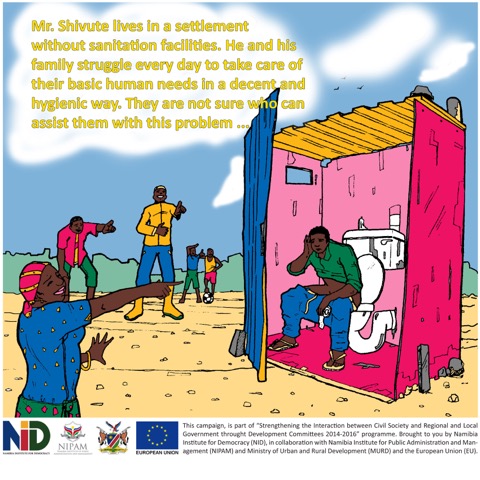
Story:
Mr. Shivute lives in a settlement without sanitation facilities. His family struggles every day to take care of their basic human needs in a decent and hygienic way. He doesn’t know who to approach with his problem. One day, he reads in the newspaper about Development Committees and how they support inhabitants. Mr. Shivute researches the number of his Village Development Committee and calls them about his situation. He also motivates his neighbours to do the same. The Village Development Committee reports the situation to the Regional Council Coordination Committee. The Regional Councillor, who heard similar complaints from other villages and settlements in his region, takes the problem seriously and makes it part of the regional political agenda. Some time later, the authorities construct proper sanitation facilities and a sewage system in Mr. Shivute’s settlement.
How can I contact my local representative or my Development Committee?
Information on Development Committees and Local Authorities can be obtained at the Regional Councils. They provide lists with all the relevant contact details for your settlement, village or town. You will find the address and phone number of your Development Committee at your Constituency Office, in the phone book or on the internet.
The EU-Project
This campaign is part of the project “Strengthening the interaction between Civil Society and Regional and Local Government in Namibia”, based on a grant contract with the European Union. The agreement was signed in 2013 in association with the Namibian Institute for Administration and Management (NIPAM) and the Ministry of Urban and Rural Development (MURD). The three-year project aims to improve the interaction between Civil Society and Local and Regional Authorities through Development Committees.
